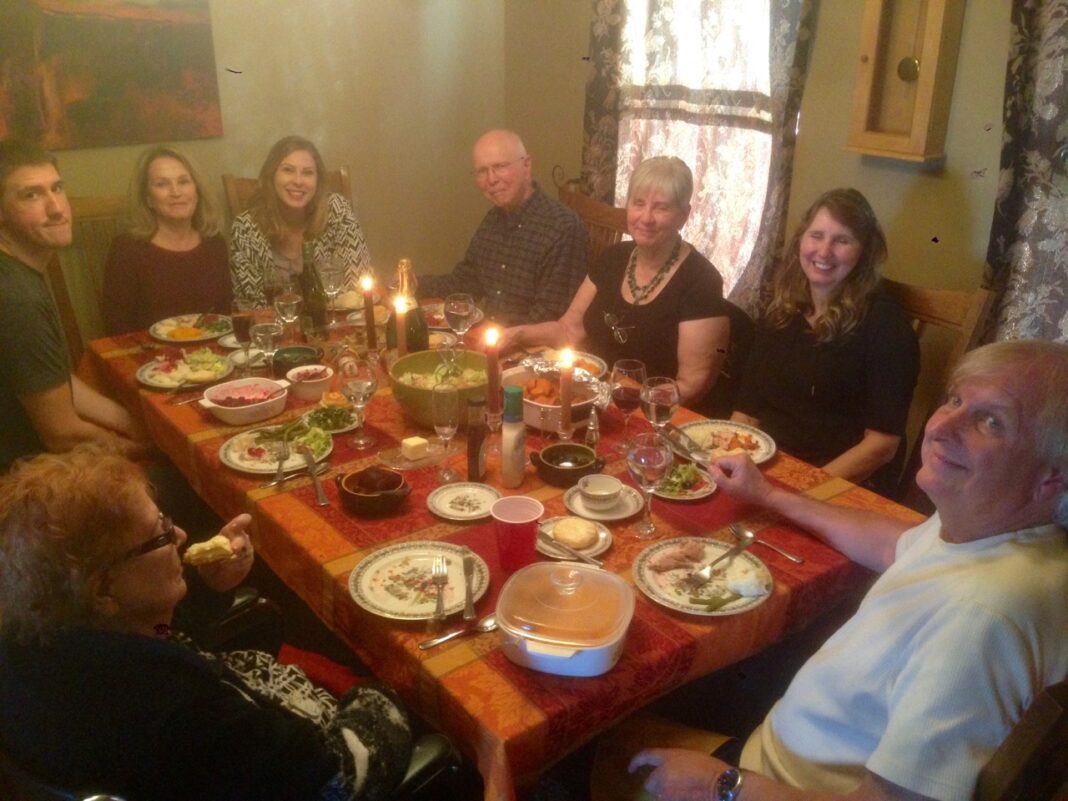A Learners’ View (ALV) is of Choices on the Shortest and Fastest Path to Learning, the Oxygen of Social Life
Last Edited: May 19, 2018
The vocabulary of educators includes words such as learners, learning, science, speculation, teacher, teaching, theories, and view. These have both a conventional and a scientific use.
I wonder if readers consider that differences exist between a learners’ view of learning and a teachers’ view of teaching. The former is a scientific summary of experimental research reports. The latter is a colloquialism that may or may not include scientific references.
A learners’ view does for instructing lessons based on scientific facts what a table does for sharing food during a meal; each provides a common connection to nourishing their respective purposes.
A teachers view provides access to libraries of instruction practices based on a range of folklore and theory to scientific facts.
A learners’ view consists of descriptions of the social actions learners use while learning lessons teachers instruct. It identifies what learners do first, second, etc. Experimental behavioral and social scientists have been reporting descriptions of elements that constitute this view for more than a century.
These reports consist of descriptions of what scientists saw, heard, etc. learners do under specific conditions. Scientists meticulously conducted these studies so that you or someone else can replicate them in order to test the veracity of their descriptions.
They even tell you what they did so you can do it too in order to see if you get the same results. You do not have to accept the claim of a learners’ view based on unmeasured and unmeasurable speculation.
Description of a learners’ view contrasts with theories of learning as well as of education.
At their core, theories of learning and of education consist of more speculation and faith than experimental, replicable, empirical fact.
Speculation, as a scientific convention, exists when scientists cannot complete a description of a phenomenon without inserting guesses into intervals between sets of empirical facts/data.
These guesses can range from random statements to assertions based on a preponderance of evidence of something related to those facts, all in one theory. Following this convention, evidence simply means that the user of the term cannot connect a fact with something else without injecting speculation and faith.
In words used in today’s mass media conversations, a learners’ view of learning and a teachers’ view of teaching pose “alternative facts”, one based in science, another that relies mostly on evidence based in speculation and faith.

